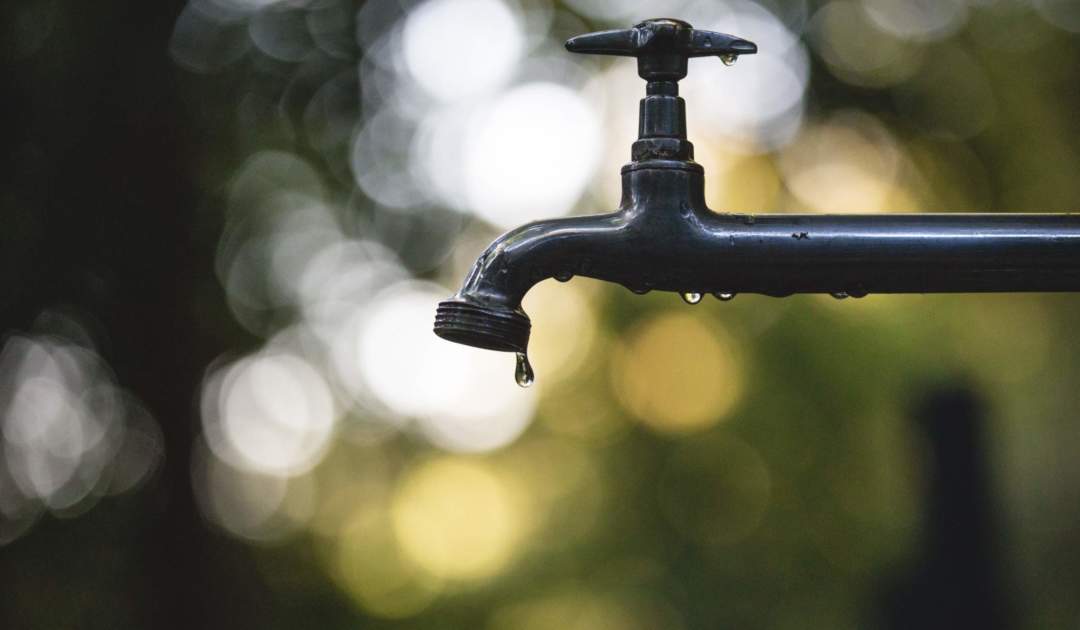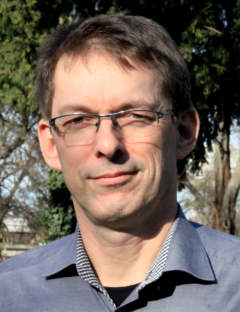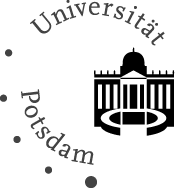Projekt
Biodiversity and water management
The second phase of the project, “Biodiversity and Water Management” (BioWaWi) started on 1 November 2021 and consists of the following partners: Stadtwerke Bühl (SWB), Institute for Applied Geosciences of the Karlsruhe Institute of Technology (KIT-AGW), the KIT Institute for Atmospheric Environmental Research (KIT/IMK-IfU), the non-profit company for communication and cooperation research DIALOGIK, the Institute for Landscape Ecology and Nature Conservation Bühl (ILN), and the engineering company Joswig Ingenieure (JIG). The European Institute for Energy Research (EIfER), the Chair of Soil Science and Geoecology at the University of Potsdam, and the company MicroDoc are also involved.
BioWaWi aims to integrate the value of biodiversity and ecosystem services (ESS) of water protection areas into the decision-making processes of municipal companies operating in the water sector. So far, biodiversity and ecosystem services have only been considered in an inconsistent manner, if at all, by water management companies in their environmental management. At the same time, the water industry can make an important contribution in this context. In connection with its water management activities, Stadtwerke Bühl aims to integrate the conservation of biodiversity and the ecosystem services of its water protection areas into its value chain and to introduce an environmental management system for this purpose. The intention is to consider the opportunities and risks of water extraction, taking into account local challenges (for example PFCs in the soil and interactions with other sectors, especially agriculture and forestry), while also including feedback effects between SWB’s business operations and the relevant ecosystem services. For this reason, the prioritization of corporate goals with regard to the conservation of biodiversity and ecosystem services must be coordinated with local interest groups in order to achieve a balance between the various interests.
The objectives of the BioWaWi project are as follows:
- Development of a water balance monitoring system that integrates the landscape water balance of water protection areas as an important factor safeguarding biodiversity and the ecosystem,
- Exemplary development of a holistic, coupled water balance model of groundwater, the unsaturated zone and biotopes,
- Development and application of an evaluation and monitoring system for biodiversity and the ecosystem services of water protection areas,
- Identification of indicators that ensure the achievement of the key objectives of secure water supply, climate adaptation, and the conservation and promotion of biodiversity and ecosystem services,
- Development, testing and implementation of participatory methods to determine the objectives and indicators in order to align the needs of consumers with those of the conservation and promotion of biodiversity and ecosystems,
- Combining the partial results into an environmental management system for water suppliers that reflects the value of biodiversity and ESS and includes recommendations for practical implementation agreed with stakeholders, and
- Development, presentation and dissemination of a guideline for the introduction of biodiversity-oriented environmental management systems for drinking water suppliers


